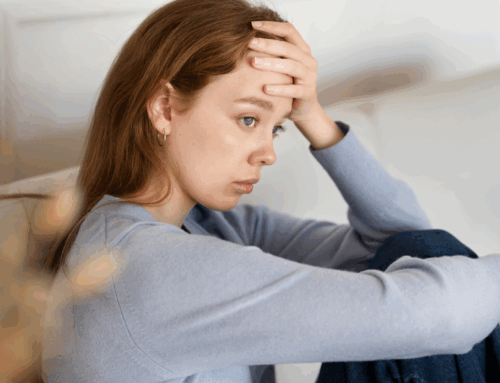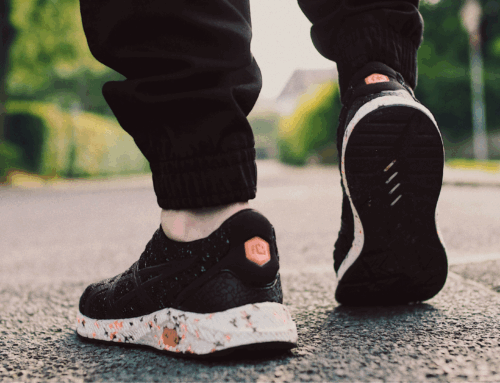
Flickr Images
Even as we are addicted to checking our Facebook or Twitter feeds and compulsively respond to the familiar ding of new email, we worry about its negative impacts. Cyber bullying, sexting, and victimisation occur. We are bombarded with images of friends who seemingly lead lives far more glamorous than our own.
Young people are especially at risk. While adults spend over 2 hours a day using social media, more than 50 per cent of young people are heavy social media users, and 25 per cent constantly connected.
Feeling concerned? Here’s some good news. Social media is not necessarily a bad thing.
I was surprised to find that in many of the studies, social media users reported being happier and more connected to other people. In fact, if you struggle with social anxiety, social media can provide a way to get support, without the stress of face-to-face interactions.
But for people with depression or anxiety, social media can actually make the illness worse.
It seems that people interact with social media in different ways – and that can make a big difference in how they function and feel.
One of the main differences between happy users versus those with depression was what they wrote about. Depressed peoples used a lot more negative language – ruminating on things that are going wrong, complaining about life or other people, and criticising themselves and others.
Envy plays a particularly destructive role. If you find yourself jealous of friends and others in your network, then it is important to step offline and find other ways to build up your self-esteem.
– Peggy Kern
Read more: Science shows that social media is good for you…until it isn’t







Leave A Comment